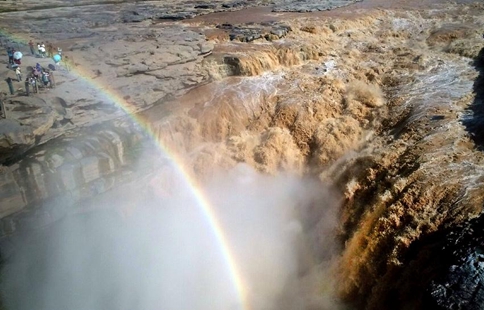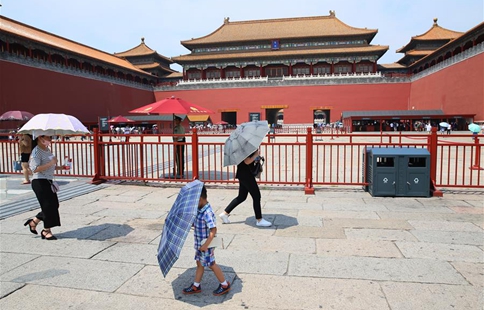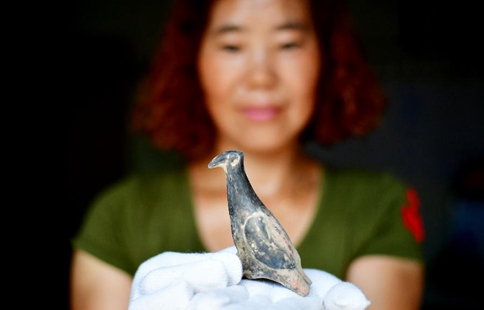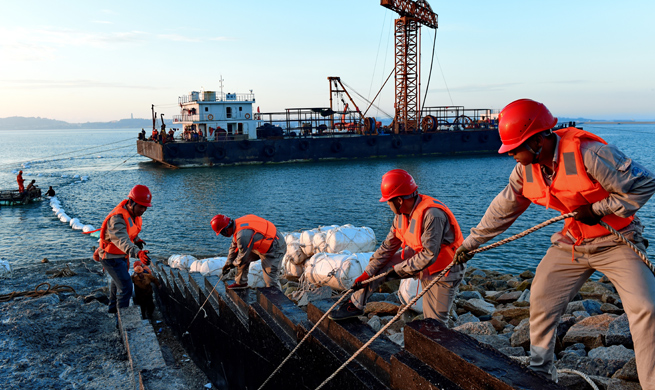by Robert Manyara
BUSIA, Kenya, July 12 (Xinhua) -- Failure by Kenya, Uganda and Burundi to append signature to a pact on sharing of Nile water resources will compromise sustainable development, peace and stability in the region, an expert warned.
Emmanuel Chonza, a Senior Economist at the Nile Equatorial Lakes Subsidiary Action Program (NELSAP) said that dithering by the three East African Community (EAC) States to ratify the pact will undermine efforts to promote equitable utilization of the vast Nile resources.
"The delay to sign the Nile Cooperative Framework by Kenya, Uganda and Burundi will ultimately hinder formation of a Commission whose mandate is to oversee equitable sharing of a resource that underpins regional development and stability," Chonza remarked.
He spoke told Xinhua in a recent interview during a consultative forum attended by regional experts in Western Kenyan town of Busia.
East African States have mulled formation of a Nile River Basin Commission (NRBC) that will transform utilization of the world's second longest river.
The commission will be established once all the Nile riparian states sign the cooperative framework agreement.
Geopolitics, incoherent policies and legislation have nevertheless undermined a collective approach to utilization of the abundant Nile resources to benefit local communities.
Chonza urged Kenya, Uganda and Burundi to fast-track ratification of a regional pact on sharing of Nile basin resources for the sake of peace and prosperity.
He at the same time commended Tanzania, Rwanda and Ethiopia for ratifying the agreement that would pave way for investments in livelihood transforming projects along the Nile basin.
"We hope that countries that are yet to ratify the cooperative framework will expedite the process in order to facilitate equitable sharing of Nile waters to spur development," Chonzo told Xinhua.
The Nile Basin Commission has both political and technical tracks. According to Chonza, the political track is headed by ministers responsible for water affairs from the member states charged with the responsibility of fast-tracking the ratification process of the agreement.
He added that institutions affiliated to the Nile Basin Initiative (NBI) have invested in technical capacity to enable them generate concrete data on benefits to be realized once all riparian states ratify the cooperative framework.
"As centres we assist in generating benefits for the member countries to enable them realize the importance of the existing cooperation with the hope that the countries involved will also actively participate in fast tracking the ratification of the process so that the permanent commission is actualized soon," Chonzo told Xinhua.
When asked why Kenya has delayed to ratify the cooperative framework agreement, Chonza said they were in Nairobi recently where they were informed that the ratification process is at an advanced stage.
"We hope the next government will fast track the ratification of the Cooperative Framework Agreement in order to pave way for the formation of the Nile Basin Commission," said the economist.
He at the same time noted the Nile River Basin Commission (NRBC) will be vested with legal personality as well as enhancing the Nile cooperation.
"The Nile River Basin Commission will ensure that national development projects are coordinated with basin-wide development to achieve optimal use of the Basin's resources and increase national benefits of regional cooperation," Chonzo said.

















